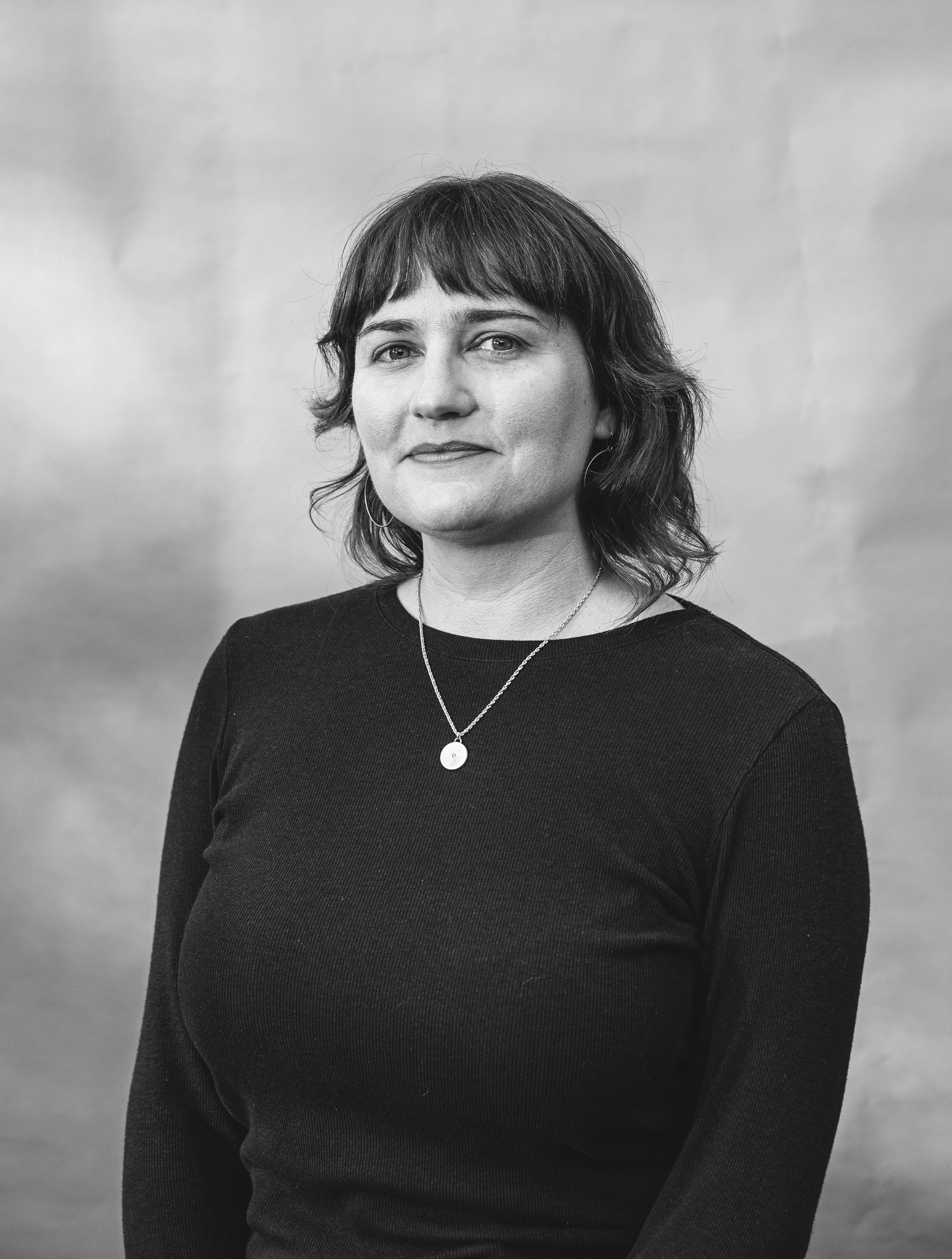Throughout my career, I’ve been a driver of learning, accessible change and open communication. I’ve believed in the importance of people, relationships, and human-centered systems.
As an educator, I’ve led hundreds of trainings and workshops that foster learning and connection. I take pride in creating enjoyable and impactful learning experiences even when addressing challenging topics.
As a manager, I’ve been the go-to person for conflict resolution and built capacity for handling workplace conflict at a systems level.
As a leader, I’ve managed organizational growth with a focus on scaling up operations and stewarding culture.
And after two decades of cross-sector experience, I fell into a common trap as a leader in a mission-driven, resource-constrained environment: my passion for the job and organization led me to wear too many hats, care too much, and take on too much. I developed a chronic illness and experienced health crises. My body, in no uncertain terms, told me I was doing too much.
Work has a major impact on our health and well-being, for better or worse.
Work comes with inherent challenges, but high levels of stress and tension don’t have to be the norm.
I know what it's like to be a frontline staff member struggling in my work environment, a middle manager building skills to manage a team, and a leader with weighty responsibilities.
Now, I find purpose in working with leaders and teams so that they and their organizations can thrive, not just survive.
Whether you’re dealing with culture issues, experiencing growing pains, or looking to enhance ongoing efforts to support workplace and staff well-being, you’re in the right place.
Rebecca Marchiafava, MPP
Founder and Lead Consultant
“How can we do meaningful work and experience well-being?”
Asking this question led me to found Culture Work.




